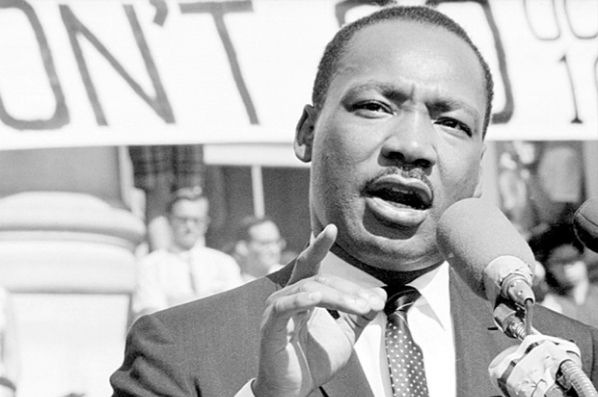The March on Washington 50 years ago today was a seminal event in American history, and it had its own kind of beauty.
Who will ever forget Martin Luther King’s great “I have a dream” speech, one of the most important pieces of oratory in American history?
Who will ever forget the moving strains of “We Shall Overcome,” the song of the March?
What I hope for today’s celebration of that March that changed us all is that we will be able to acknowledge and recognize how much we have overcome. My prayer today is that everybody will heed Dr. King’s admonition that we not drink from the cup of bitterness.
I leave you with a quote from John McWhorter’s must-read piece in the Wall Street Journal on how we should honor Dr. King’s death today:
It is easy to forget what an awesome moral landmark it was for an oppressed group to force the larger society to outlaw barriers to its success. But the victory of the 1964 and 1965 laws had an even greater impact than prohibiting segregation and racial discrimination in voter registration: It changed the culture. Personal racist sentiment rapidly became socially proscribed. The Norman Lear sitcoms of the early 1970s, in which bigoted whites were regularly held up to ridicule, would have been unthinkable just 10 years before….
Today's struggle should focus on three priorities. First, the war on drugs, a policy that unnecessarily tears apart black families and neighborhoods. Second, community colleges and vocational education, which are invaluable in helping black Americans get ahead. And third, the AIDS and obesity epidemics, which are ravaging black communities.
Instead, in recent years, the black middle class has flourished. Housing segregation for blacks is the lowest it has been since the 1920s. And a black president has been elected twice. Yet the fury persists, since what actually rankles these critics is the threat to what they feel is their very identity: underdogs with a bone to pick.
This is not where the March on Washington was pointing us. There is work left, but we are free at last. No, we aren't living in a "post-racial" America, but that fantasy will never be realized. What we black Americans are free to do, in a permanently imperfect world, is shape our own destiny together.
In 2013, how white people feel about us has nothing to do with that task. Only by facing that reality will we truly honor the legacy of Martin Luther King Jr.


